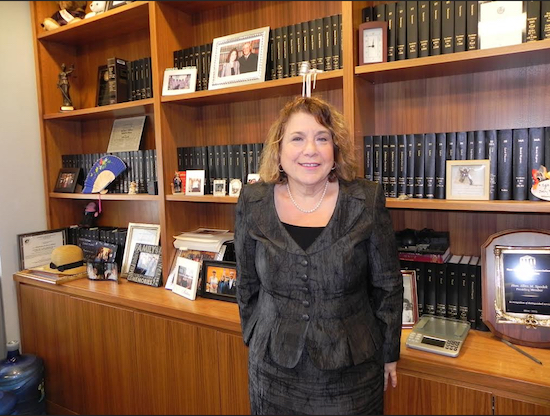Judicial Spotlight: Justice Spodek —through JALBCA — raises awareness of breast cancer

The lives of judges involve far more than just putting on black robes and ruling on motions. New York State Supreme Court Justice Ellen Spodek, for example, works tirelessly to raise awareness of breast cancer.
Justice Spodek is a member of the board of directors for the Judges and Lawyers Breast Cancer Alert (JALBCA), an organization that sponsors free mammograms and educational programs to encourage women to take charge of their health. Spodek is also a past president of JALBCA.
“We have a van that comes to the courthouse and gives mammograms for free,” the jurist told the Brooklyn Eagle during an interview in her chambers at the Supreme Court building at 360 Adams St.

Brooklyn Boro
View MoreNew York City’s most populous borough, Brooklyn, is home to nearly 2.6 million residents. If Brooklyn were an independent city it would be the fourth largest city in the United States. While Brooklyn has become the epitome of ‘cool and hip’ in recent years, for those that were born here, raised families here and improved communities over the years, Brooklyn has never been ‘uncool’.